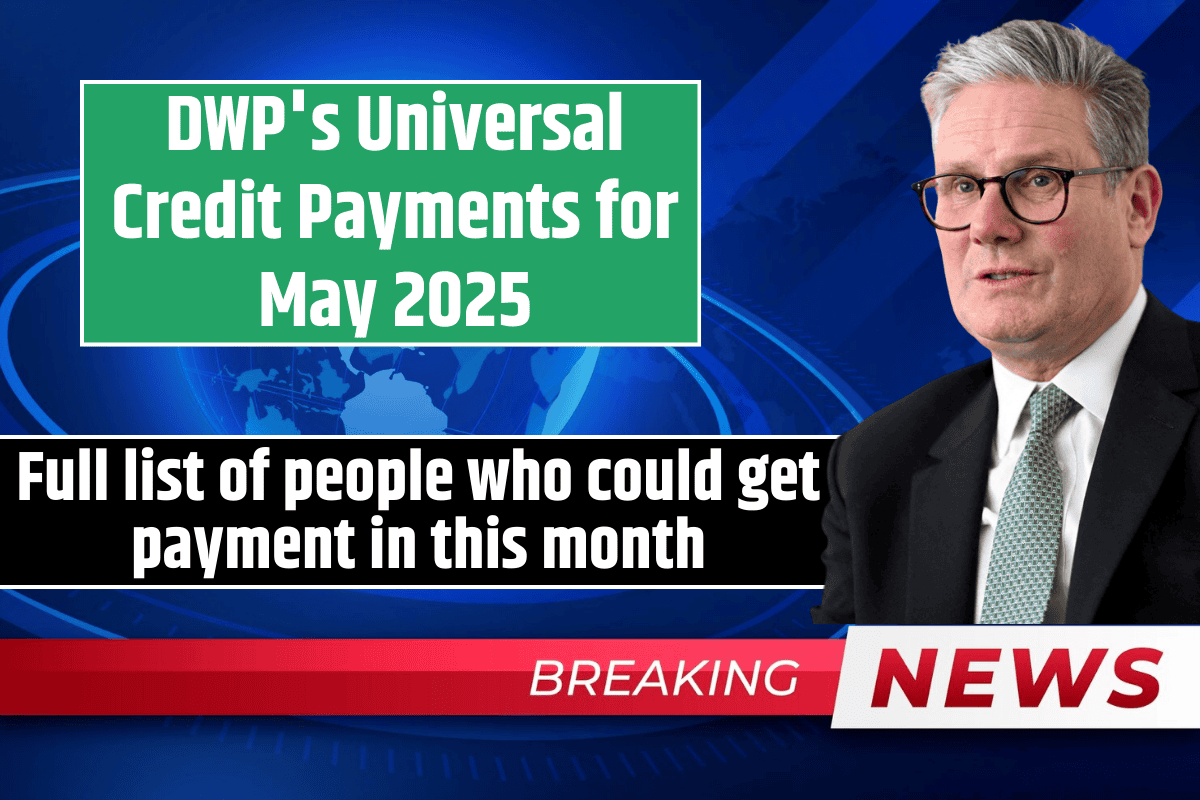Universal Credit is a popular UK benefit designed to help people with their living costs. In January 2025, 7.5 million people were receiving Universal Credit, up from 6.4 million the year before. It supports people whether they are working, unemployed, or have health conditions. This guide explains who can get Universal Credit and what you need to know if you want to claim it.
What Is Universal Credit?
Universal Credit is a monthly payment from the Department for Work and Pensions (DWP) that helps people on low income or those who need financial support. It is replacing many older benefits, including Working Tax Credit, Child Tax Credit, Income Support, Jobseekers Allowance, Employment and Support Allowance, and Housing Benefit (except for supported or temporary housing).
Who Can Get Universal Credit?
You might be able to claim Universal Credit if you:
Are out of work
Are working, including part-time or self-employed
Can’t work due to health reasons
To claim, you must:
Live in the UK
Be 18 or older (some exceptions for 16-17 years old)
Be under State Pension age
Have savings and investments worth £16,000 or less
Special Rules for Certain Groups
If you are an EU, EEA, or Swiss citizen, you might need settled or pre-settled status under the EU Settlement Scheme to get Universal Credit.
If you live with a partner, you both must make a joint claim. Your payment will depend on both of your incomes and savings. If one partner has reached State Pension age, you can still claim Universal Credit until both reach pension age.
Can Students or Young People Claim Universal Credit?
Full-time students or people in training can claim Universal Credit if:
They live with a partner who is eligible
They are responsible for a child
They’ve received a letter telling them to move to Universal Credit
They are 21 or younger, studying up to A-level, and have no parental support
They have a health condition and have been assessed as having limited capability to work
If you are aged 16 or 17, you can claim Universal Credit if you:
Have a health condition or disability with medical proof
Care for someone receiving disability benefits
Are pregnant or have a baby recently
Don’t have parental support
Are responsible for a child
Extra Support for Health Conditions and Armed Forces
If you have a health condition that affects your ability to work, you might get extra money with Universal Credit. Also, if you’re in the armed forces and stationed abroad, you can still apply for Universal Credit using a specific address.
Universal Credit is an important benefit that helps millions of people across the UK with their living costs. As the government continues merging older benefits into Universal Credit, many more people are becoming eligible. Whether you are out of work, working part-time, a student, or have a health condition, Universal Credit may provide essential financial support. Understanding the eligibility rules and application process can help you get the support you need without delays.
FAQs
Who can claim Universal Credit?
Universal Credit can be claimed by people aged 18 or over (with some exceptions for 16-17 year olds) who live in the UK, are under State Pension age, and have £16,000 or less in savings. It helps those who are out of work, working part-time or self-employed, or unable to work due to health conditions.
Can students claim Universal Credit?
Yes, full-time students can claim Universal Credit if they meet certain conditions such as living with a partner who claims it, having a child, being under 21 without parental support, or having limited capability to work due to a health condition.
Do couples have to claim Universal Credit together?
Yes, couples must make a joint claim for Universal Credit. The amount you receive depends on both partners’ income and savings, even if one partner is not eligible.
What happens to old benefits when claiming Universal Credit?
Many older benefits like Working Tax Credit, Child Tax Credit, Income Support, Jobseekers Allowance, Employment and Support Allowance, and Housing Benefit are ending and being merged into Universal Credit through a process called Managed Migration.
Can people with health conditions get extra money on Universal Credit?
Yes, if you have a health condition or disability that affects your ability to work, you may be eligible for extra money on top of your Universal Credit payment.
Can armed forces members stationed abroad claim Universal Credit?
Yes, armed forces personnel stationed abroad can apply for Universal Credit but must use a specific address when applying.
